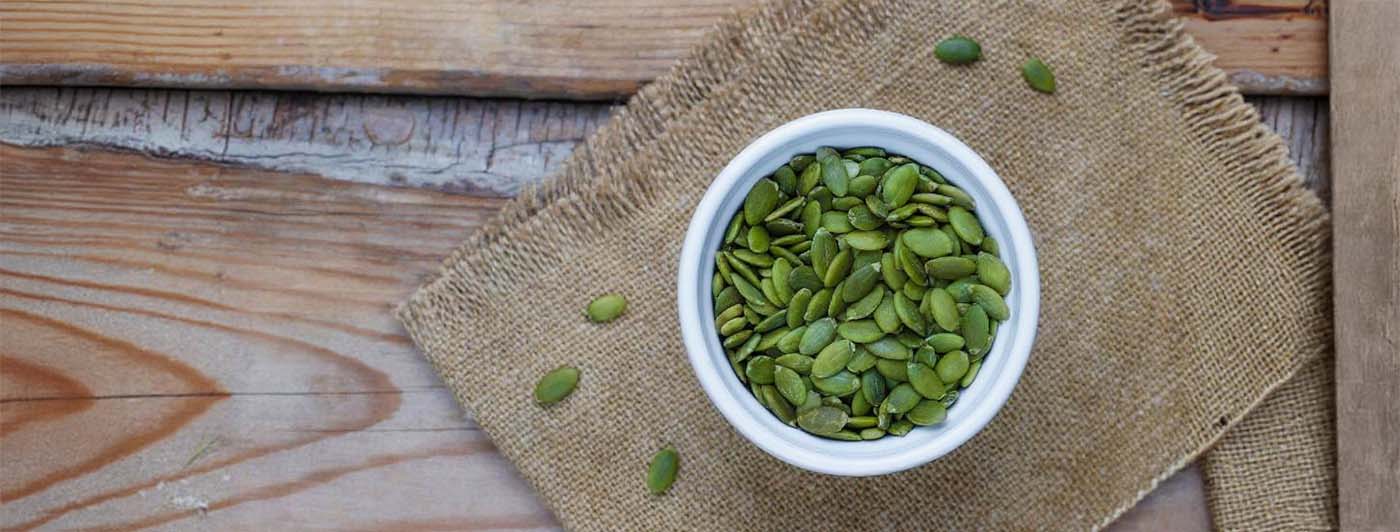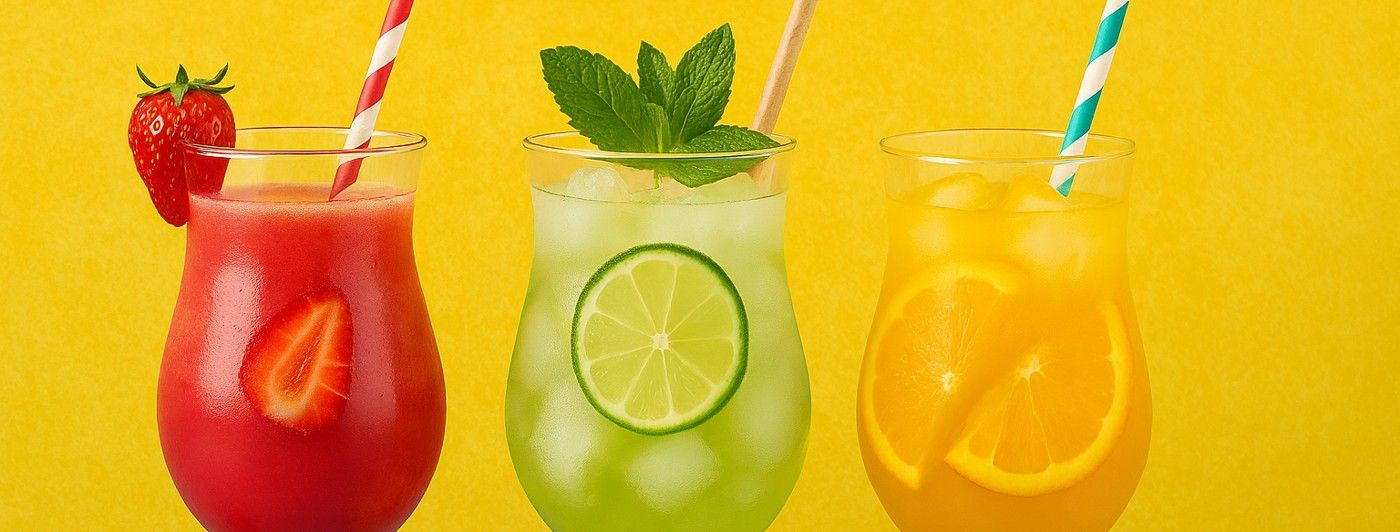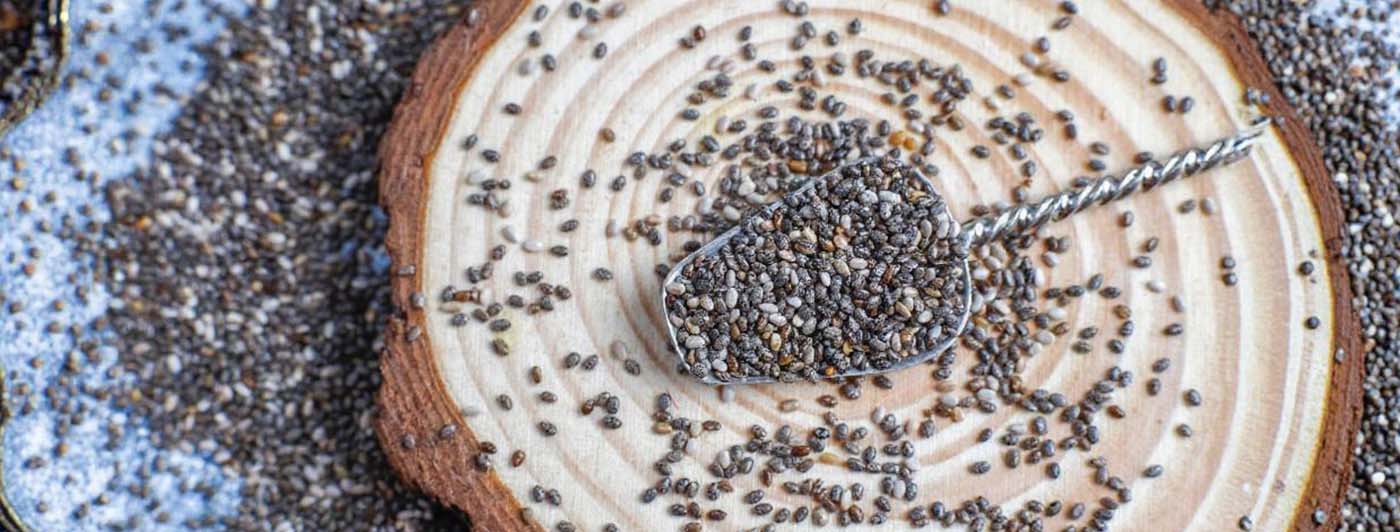Did you know that one tiny seed could transform your entire approach to nutrition? Whether you're striving for better health, improved fitness, or just cleaner eating, the secret might be hiding in plain sight—pumpkin seed protein.
In the ever-evolving world of nutrition, one plant-based powerhouse has quietly climbed the ranks—and that’s pumpkin seed protein. Once overshadowed by trendy superfoods and mass-marketed whey supplements, pumpkin seed protein has now taken the spotlight for all the right reasons. It’s clean, nutrient-dense, easy to digest, and incredibly versatile.
But what truly sets pumpkin seed protein apart is the sheer breadth of its health benefits. From muscle recovery and heart health to collagen support and sustainable eating, this humble seed packs a nutritional punch well worth exploring.
Let’s dive deep into the top 10 benefits of pumpkin seed protein you simply shouldn’t ignore.

1. Complete Amino Acid Profile
A common challenge with plant protein is that they often lack one or more of the nine essential amino acids. Pumpkin seed protein stands out as a rare exception in the plant world—it offers a complete amino acid profile, making it a valuable protein source for vegans and vegetarians, who often need to combine multiple foods to meet their protein needs.
This complete profile supports muscle repair, protein synthesis, and immune function. It’s especially beneficial post-exercise or as a daily supplement to fill nutritional gaps.
Nutritional Highlights (Per 30g serving of pumpkin seed protein powder):
-
Protein: ~18–20g
-
Calories: ~120 kcal
-
Fat: ~3–4g (mostly healthy fats)
-
Carbohydrates: ~2–3g (low in sugar)
-
Iron: ~30–40% of RDA
-
Magnesium: ~30% of RDA
-
Zinc: ~15% of RDA
-
Fiber: ~2g
For those looking for high protein vegan foods, pumpkin seed protein is a clean, hypoallergenic, and nutrient-dense option that doesn't compromise on quality or bioavailability.
2. Muscle Building and Recovery Support
Muscles need protein to grow, and they need it fast after workouts to initiate recovery. Pumpkin seed protein is rich in branched-chain amino acids (BCAAs) such as leucine, isoleucine, and valine, which are essential for muscle growth and repair. It also contains magnesium and potassium—two minerals vital for preventing cramps and supporting nerve-muscle function.
Whether you’re a regular gym-goer, an athlete, or simply trying to stay toned as you age, this protein source offers what your body needs. It’s no surprise that it's being embraced as a clean and effective bodybuilding food, especially by those who want to move away from synthetic or animal-based supplements.
3. Gut-Friendly and Easy to Digest
Unlike dairy-based proteins that can trigger bloating, discomfort, or allergic reactions, pumpkin seed protein is hypoallergenic, gluten-free, and dairy-free. This makes it ideal for those with food sensitivities or digestive concerns. It also contains enzymes that support better nutrient absorption, so your body can actually use the protein you're consuming.
Its digestibility also makes it a great fit for people transitioning to plant protein sources from animal protein or for children and the elderly, whose digestive systems may be more sensitive. It mixes well in shakes and smoothies, and the subtle nutty flavor enhances, rather than overwhelms, your meals.
4. Rich in Iron for Vegetarians
Many vegetarians struggle with low energy due to inadequate iron intake. Luckily, pumpkin seed protein provides a substantial amount of non-heme iron, which is essential for oxygen transport and red blood cell production. To boost absorption, combine it with a source of vitamin C—like a smoothie with orange or lemon juice.
It’s one of the lesser-known but highly effective iron rich foods vegetarian diets can include. Regular intake supports stamina, reduces fatigue, and supports cognitive function. This makes it especially beneficial for women, athletes, and children, whose iron needs are typically higher.
5. Supports Natural Collagen Production
If you’ve ever Googled how to get collagen naturally, you’ll know that the answer lies not in consuming collagen directly but in supporting your body’s natural ability to produce it. Pumpkin seed protein is rich in zinc, magnesium, and vitamin E—all of which are essential in the collagen production pathway.
Zinc helps activate collagen-building enzymes, while magnesium plays a role in regulating enzymes that prevent collagen breakdown. Vitamin E, a powerful antioxidant, protects skin cells from damage and helps retain elasticity. Together, these nutrients help your body make more of its own collagen—keeping skin supple, joints strong, and hair resilient.
6. Heart Health and Cholesterol Control
Heart disease remains a leading cause of mortality worldwide, and dietary interventions can significantly reduce the risk. Pumpkin seed protein is naturally high in antioxidants and phytosterols, both of which are known to lower LDL (bad) cholesterol levels.
It’s also an excellent source of arginine—an amino acid that supports nitric oxide production, which in turn improves blood vessel function and circulation. Plus, with decent levels of soluble fiber, this protein powder also qualifies as one of the beneficial fiber foods you can use to support a healthier gut and cardiovascular system.
7. A Sustainable, Low-Allergen Alternative
Environmental concerns are increasingly shaping how we eat, and pumpkin seed protein delivers on sustainability. Pumpkins are already grown widely, and the seeds—once discarded—are now being upcycled into nutrient-dense protein powder. This minimizes waste and makes the process eco-friendly.
Moreover, it’s a rare plant based protein powder that’s low in allergens. Free from soy, gluten, dairy, and GMOs, it’s a safe choice for nearly everyone. For people seeking clean labels, minimal processing, and environmental responsibility, this protein checks all the right boxes.
8. Excellent Addition to Plant-Based Meal Plans
Because of its mild flavor and impressive nutrient profile, pumpkin seed protein fits seamlessly into any plant-based meal plan. Blend it into a post-workout shake, stir it into oatmeal, add it to pancakes, or even mix it into savory dishes like hummus or soups.
It’s especially useful for families creating a comprehensive child food chart, as it allows for nutrient-dense, protein-rich meals without relying on dairy or eggs. It’s also a great way to balance school lunchboxes or fill in nutritional gaps for picky eaters.
9. Rich in Magnesium and Other Vital Nutrients
Magnesium is one of the most under-consumed minerals globally, yet it’s essential for over 300 biochemical processes in the body—including energy production, nerve function, and muscle control. A single serving of pumpkin seed protein can meet up to 40% of your daily magnesium needs.
It also provides phosphorus (for strong bones), manganese (for enzyme function), and B vitamins (for energy and metabolism). Few protein sources are this nutrient-rich while still being low in calories and sugar. For those transitioning to a clean lifestyle or evaluating vegan protein sources, this makes a compelling case.
10. Boosts Immunity and Anti-Inflammatory Function
We often forget that protein does more than build muscle—it’s also essential for immune defense. Pumpkin seed protein contains anti-inflammatory compounds like cucurbitacins and antioxidants that protect the body against chronic disease and environmental stressors.
Its zinc and magnesium content work synergistically to enhance immune cell performance and maintain immune balance. In stressful times—physically or emotionally—it acts as a nourishing buffer, supporting your body’s defense systems and recovery processes.
How to Incorporate Pumpkin Seed Protein into Your Diet
-
Adding pumpkin seed protein into your daily regimen is easy and flexible:
-
Blend into smoothies with bananas, berries, and almond milk.
-
Mix into overnight oats or yogurt for an extra protein punch.
-
Add to energy balls or protein bars for quick, clean snacks.
-
Stir into soups or sprinkle over salads for a nutty flavor boost.
This adaptability makes it ideal not just for gym-goers but for families, students, and busy professionals alike.
The Bottom Line
Pumpkin seed protein is far more than just a niche health food—it's a holistic nutritional solution that supports everything from muscle recovery and gut health to immunity and sustainability. With a naturally high nutrient density, low allergenic potential, and excellent taste and texture, it is truly one of the best plant based protein powder options available today.
Whether you're an athlete hunting for clean bodybuilding food, a parent crafting a thoughtful child food chart, or simply someone exploring more high protein vegan foods, pumpkin seed protein belongs in your pantry.
Let your journey toward better health start with one scoop at a time.












